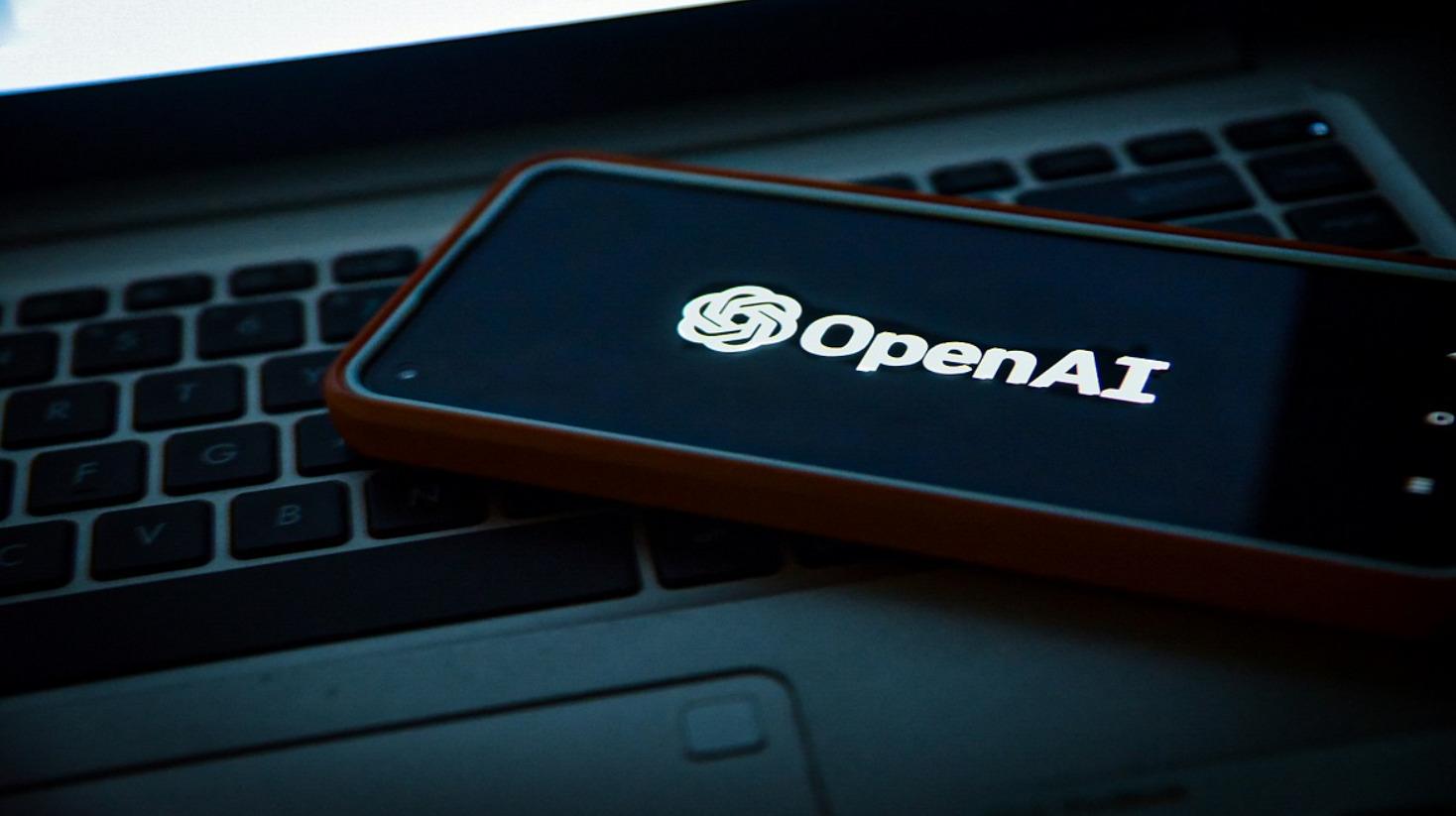
San Francisco, United States (Enmaeya News) — OpenAI is preparing to launch an AI-powered web browser that aims to challenge Google Chrome’s dominance in the browser market, according to three people familiar with the matter.
The new browser, expected to debut in the coming weeks, will use artificial intelligence to transform how users navigate the web. If widely adopted by ChatGPT’s roughly 500 million weekly active users, it could threaten a key part of Google’s advertising revenue, which relies heavily on data collected through Chrome.
Chrome plays a critical role for Alphabet Inc. in collecting user data that improves ad targeting and routes search traffic to Google’s search engine by default. This contributes to nearly three-quarters of Alphabet’s revenue.
The browser is part of OpenAI’s broader strategy to embed its AI services into both personal and professional activities, one source said.
OpenAI declined to comment. The sources requested anonymity because they are not authorized to speak publicly.
Since the launch of its AI chatbot ChatGPT in late 2022, OpenAI, led by entrepreneur Sam Altman, has disrupted the tech industry but now faces intense competition from companies like Google and Anthropic. OpenAI has also expanded into hardware, paying $6.5 billion in May to acquire AI device startup io, co-founded by former Apple design chief Jony Ive.
Building its own browser would allow OpenAI to integrate AI products such as its “Operator” assistant directly into the browsing experience. The AI could perform tasks on users’ behalf, such as booking reservations or filling out forms within websites.
OpenAI’s new browser is built on Chromium, the open-source browser code underlying Google Chrome, Microsoft Edge, and Opera, two sources said.
Competition in the browser market remains steep. Google Chrome controls more than two-thirds of the global market, with over 3 billion users, according to StatCounter. Apple’s Safari holds about 16%. Last month, OpenAI reported 3 million paying business users for ChatGPT.
Several other AI-powered browsers have emerged recently. Perplexity launched its AI browser Comet, capable of acting on users’ behalf, while The Browser Company and Brave have released AI browsers that can browse and summarize web content.
Chrome’s dominance has drawn regulatory scrutiny. A U.S. judge ruled last year that Alphabet holds an unlawful monopoly in online search, ordering the company to divest Chrome. Google plans to appeal the ruling.
OpenAI previously considered acquiring Chrome if forced to sell, an executive testified in April, but Google has not offered the browser for sale.
One source said OpenAI chose to build its own browser instead of developing a plugin for an existing browser to have greater control over the data it collects.



